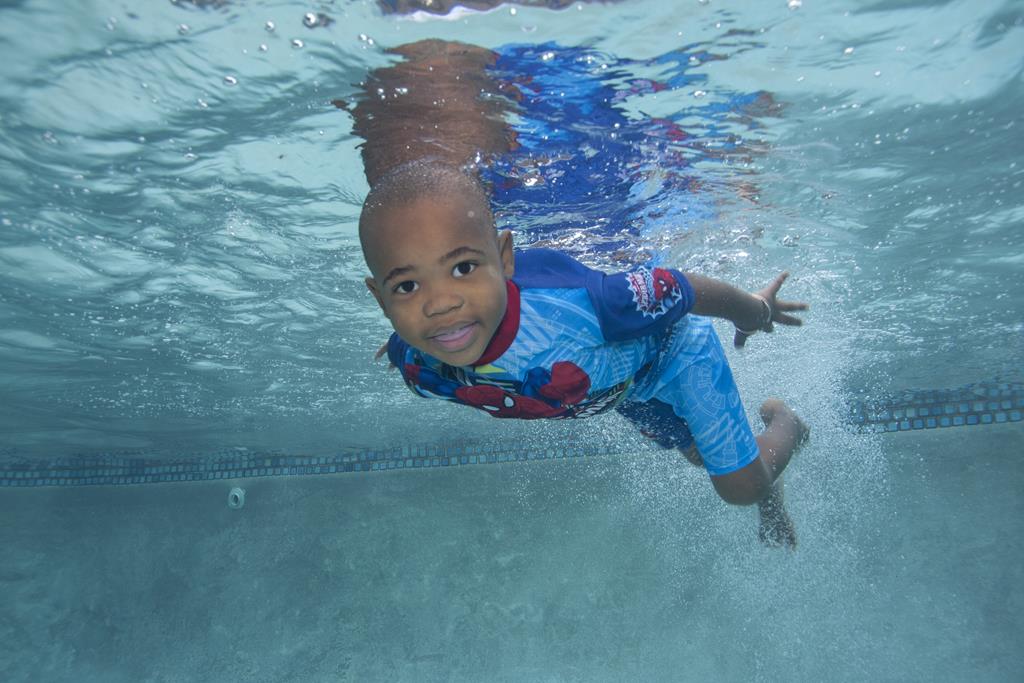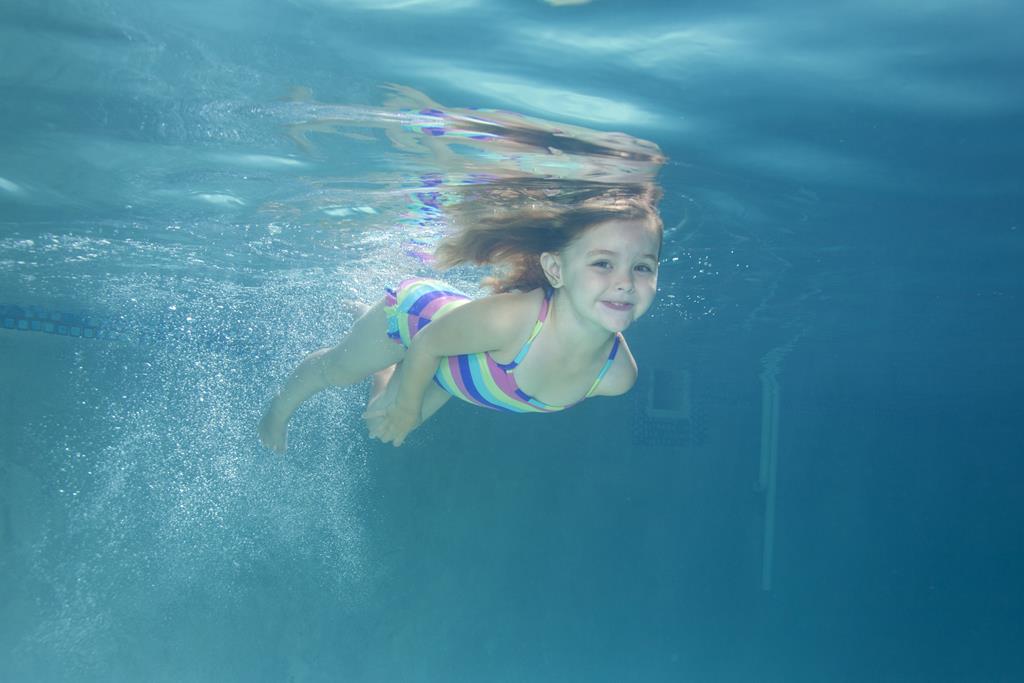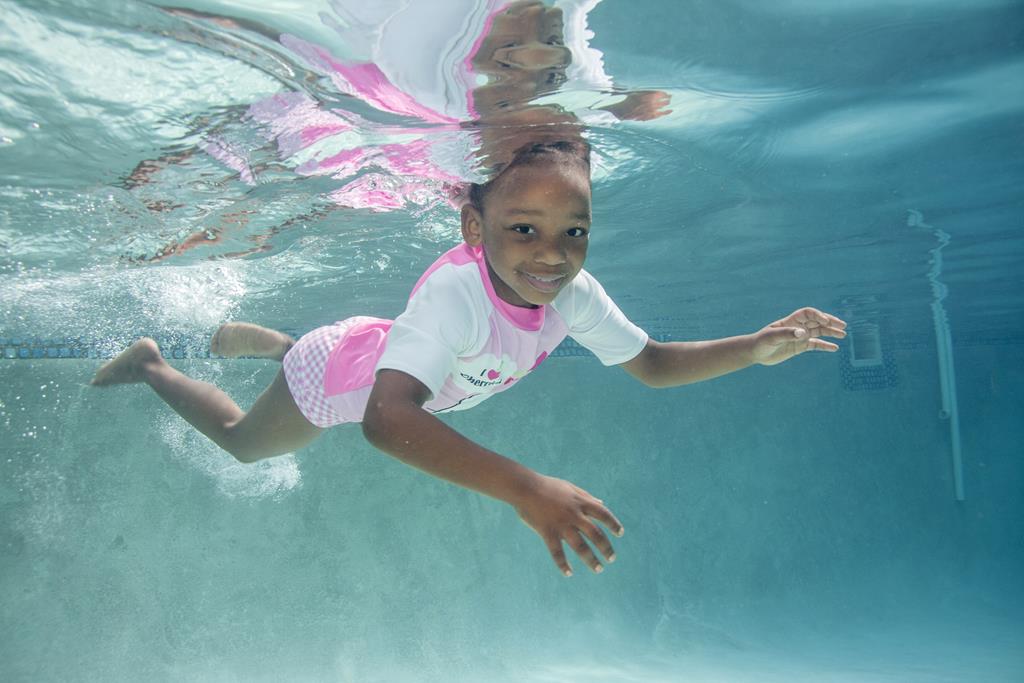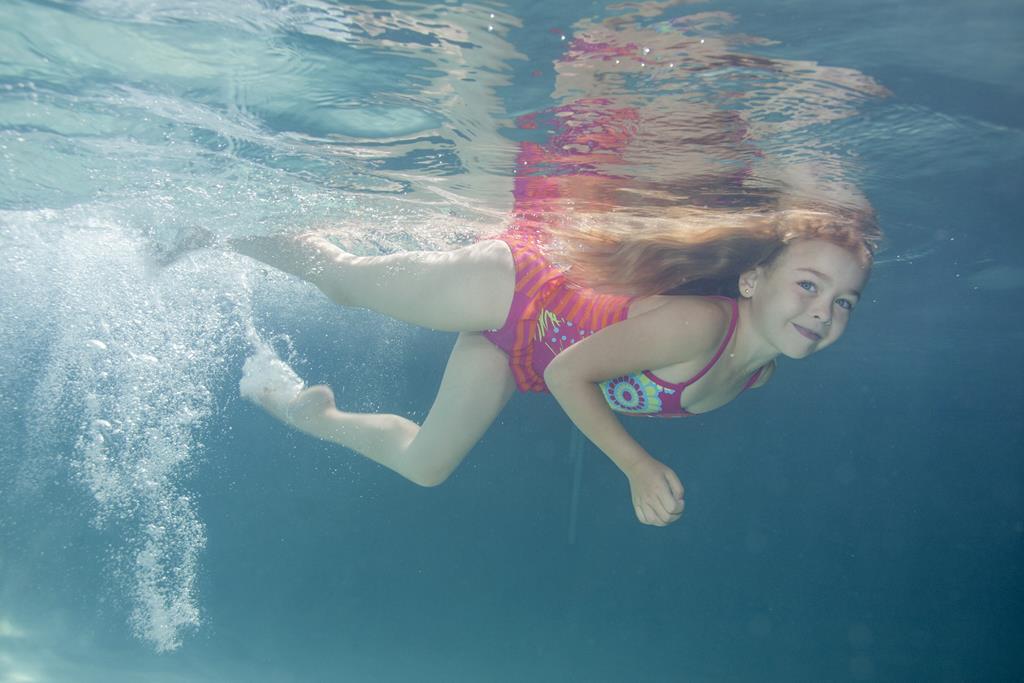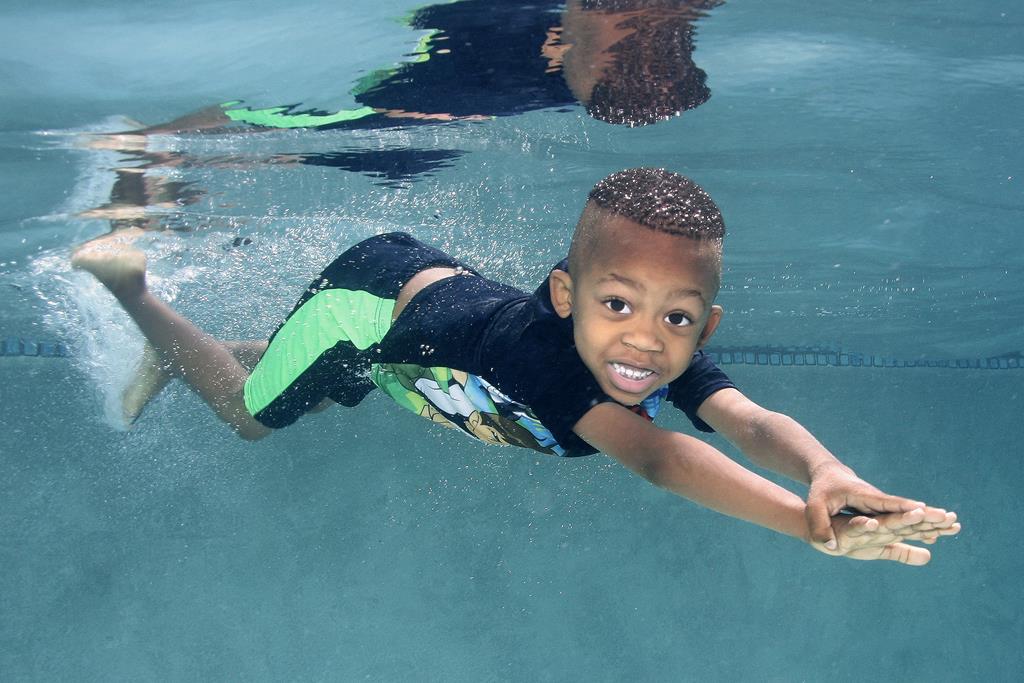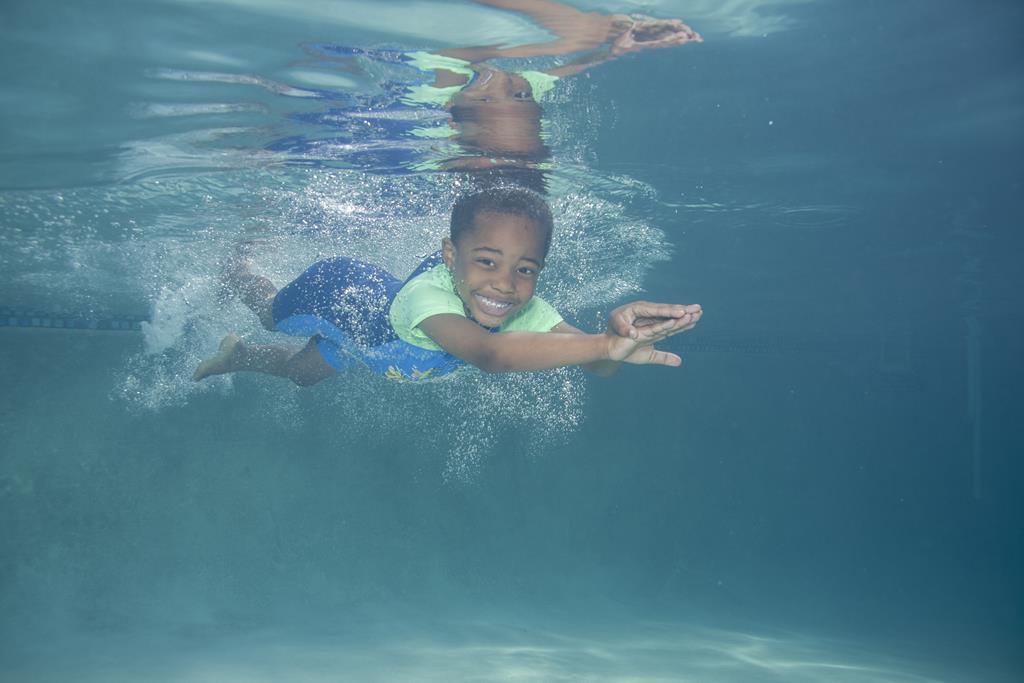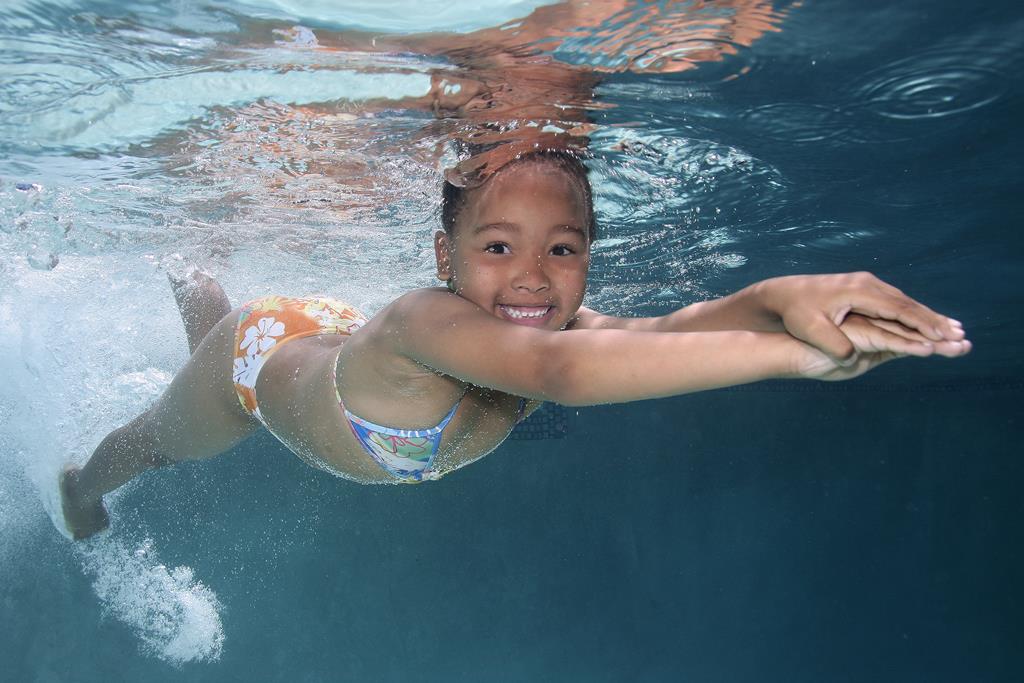Teaching the Pre-School Child to Swim
The benefits of pre-school swimming are unique, uplifting and contribute to the positive development of the whole child. Through the soothing medium of water, we are able to tap into the child’s potential, both within and without.
Researchers have documented that the stimulating effect of early swimming lessons has the potential to increase intelligence, concentration, alertness, and perceptual abilities. Improvement in social, emotional and physical development has also been published. Of course, the manifestation of such inspired cognitive, personal and motor development takes time, patience and repetition. We have personally observed these phenomena and have confirmed this with other veteran instructors, especially in children who started lessons at a very early age, but it’s never too late to receive these unique and subtle benefits of pre-school swimming. These pre-school children eventually become extremely relaxed in the water.
Water is a forgiving healer; its caressing and stimulating effect on children is most remarkable. Its buoyancy is like an invisible helping hand. Zero gravity allows for freedoms that do not exist on the dry land. Optimal learning conditions, combined with kindness and patience can even release a withdrawn or hurting child from their shell.
Early swim lessons set a positive foundation towards a lifetime of participation and enjoyment in a variety of water sports and aquatic venues on, in and under the water.
Each class is an interactive recreational activity in a new and exciting liquid environment. Swimming imports great joy into the lives of the pre-school child. It also fashions healthier and stronger individuals.
This is often a child’s first social water experience out of the home that involves their peers. They learn to relate and interact with each other and look forward to seeing their classmates in the pool environment.
Safety skills are a primary reason why many people initially enroll in lessons. But, as you now know there is much more to pre-school swimming than merely one aspect. However, with the acquisition of safety skills not only is early swimming life enhancing, it can be lifesaving. The younger a child can begin their swimming adventure the sooner they will be able to build a foundation for the eventual ability to perform age appropriate safety skills.
The smooth and fluid exercise in the water results in healthier naps following classes. Parents of pre-school children attending the evening classes have noted improved sleeping patterns throughout the night.
Early swimming fosters a growing sense of self-esteem, confidence and independence. As a child’s ability to freely move through the water increases so does their sense of well-being. Eventually, for those families who persevere, a point is reached where their child truly feels at home in the water and becomes a Pre-school Dolphin.
Infants are well adapted to swimming. They make instinctive swimming movements until they are approximately three months old; however, early swimming instruction is vital to reinforce and maintain this natural advantage in newborns.
In water, babies are less restricted by gravity. For example, infants do not need to be able to sit or stand in order to exercise. Water provides wonderful support and buoyancy. Babies increase their strength because of the exercise provided by swimming instruction, and often acquire physical dexterity earlier, such as walking.
Swimming improves the cardiovascular fitness of the child, a benefit that lasts a lifetime.
Infants who receive early swim instruction get a vital head start. Due to the muscles they build while in swimming lessons when they are tiny, they are able to move on to actual stroke work as early as two and a half years of age. This means that tiny babies who begin lessons become toddlers who are better equipped to save their lives in the event of a water accident.
Swimming instruction helps improve coordination and balance as babies learn to maintain their equilibrium in water. Swimming provides the best bilateral exercise of any sport, developing all muscle evenly.
Swimming instruction combined with warm water and gentle exercise relaxes and stimulates a baby’s appetite. Also, you’ll find that your child will usually sleep and eat better on swimming days.
Doctors often recommend swimming as an exercise for asthmatics. Exercise can improve bronchial activity. Swimming is preferable to other forms of exercise because the warm moist air can be less irritating to the lungs.
Babies flourish due to the focused attention their parents and swimming instructors lavish on them during lessons. “Baby and Me” parents often confess that lesson time is the only opportunity they have to spend thirty pleasurable, uninterrupted minutes with their child.
As infants learn how to maneuver in the water on their own, their independence blossoms. Researchers believe that this newly acquired independence increases their interest in learning which lasts throughout their lifetime.
Swimming provides babies with lots of skin-to-skin contact with their parents. That, psychologists say, deepens the bond between parent and child.
Achievements acquired through the process of learning to swim help children develop lifelong self-confidence, which promotes success in all future challenges both in and out of the water.
Learning to swim is not only a fun-filled and healthy activity, but it can save a life. All children should learn how to swim to greatly reduce their chances of drowning!
